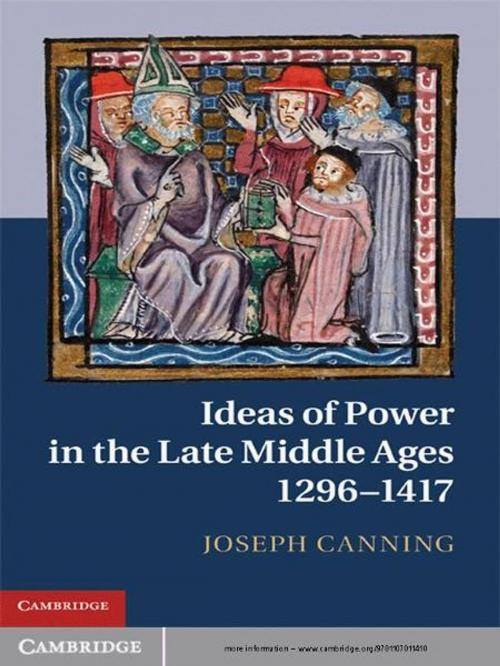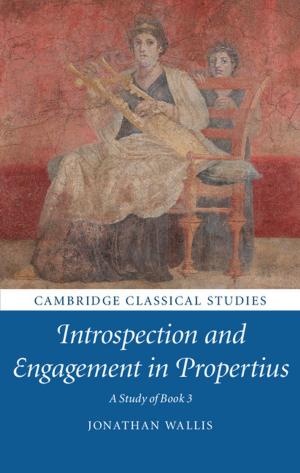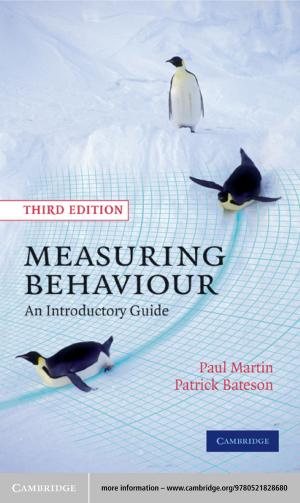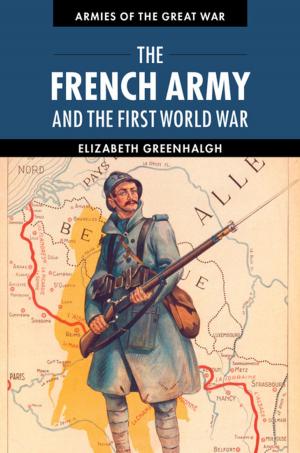Ideas of Power in the Late Middle Ages, 1296–1417
Nonfiction, History, European General, Religion & Spirituality, Philosophy| Author: | Joseph Canning | ISBN: | 9781139179928 |
| Publisher: | Cambridge University Press | Publication: | October 13, 2011 |
| Imprint: | Cambridge University Press | Language: | English |
| Author: | Joseph Canning |
| ISBN: | 9781139179928 |
| Publisher: | Cambridge University Press |
| Publication: | October 13, 2011 |
| Imprint: | Cambridge University Press |
| Language: | English |
Through a focused and systematic examination of late medieval scholastic writers - theologians, philosophers and jurists - Joseph Canning explores how ideas about power and legitimate authority were developed over the 'long fourteenth century'. The author provides a new model for understanding late medieval political thought, taking full account of the intensive engagement with political reality characteristic of writers in this period. He argues that they used Aristotelian and Augustinian ideas to develop radically new approaches to power and authority, especially in response to political and religious crises. The book examines the disputes between King Philip IV of France and Pope Boniface VIII and draws upon the writings of Dante Alighieri, Marsilius of Padua, William of Ockham, Bartolus, Baldus and John Wyclif to demonstrate the variety of forms of discourse used in the period. It focuses on the most fundamental problem in the history of political thought - where does legitimate authority lie?
Through a focused and systematic examination of late medieval scholastic writers - theologians, philosophers and jurists - Joseph Canning explores how ideas about power and legitimate authority were developed over the 'long fourteenth century'. The author provides a new model for understanding late medieval political thought, taking full account of the intensive engagement with political reality characteristic of writers in this period. He argues that they used Aristotelian and Augustinian ideas to develop radically new approaches to power and authority, especially in response to political and religious crises. The book examines the disputes between King Philip IV of France and Pope Boniface VIII and draws upon the writings of Dante Alighieri, Marsilius of Padua, William of Ockham, Bartolus, Baldus and John Wyclif to demonstrate the variety of forms of discourse used in the period. It focuses on the most fundamental problem in the history of political thought - where does legitimate authority lie?















